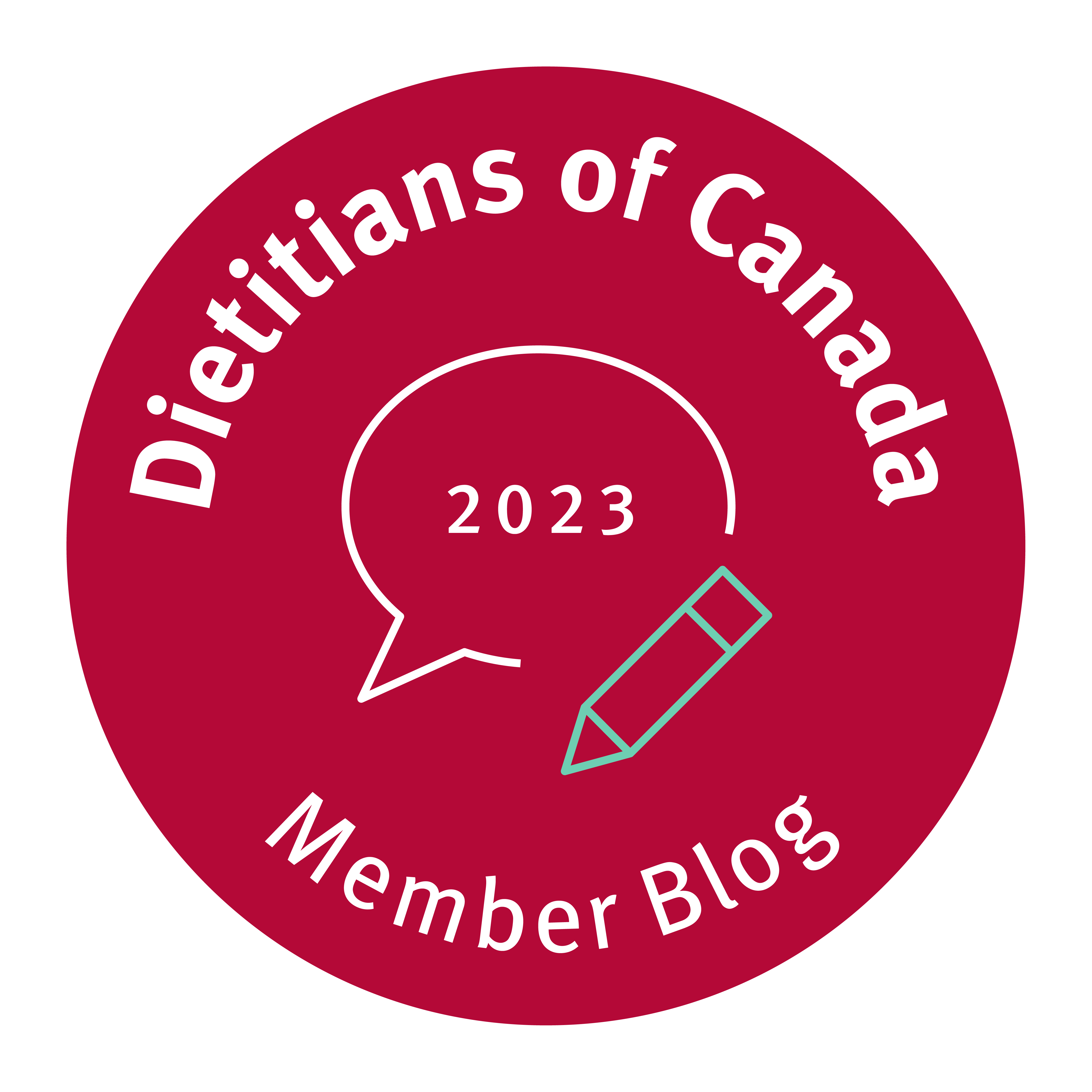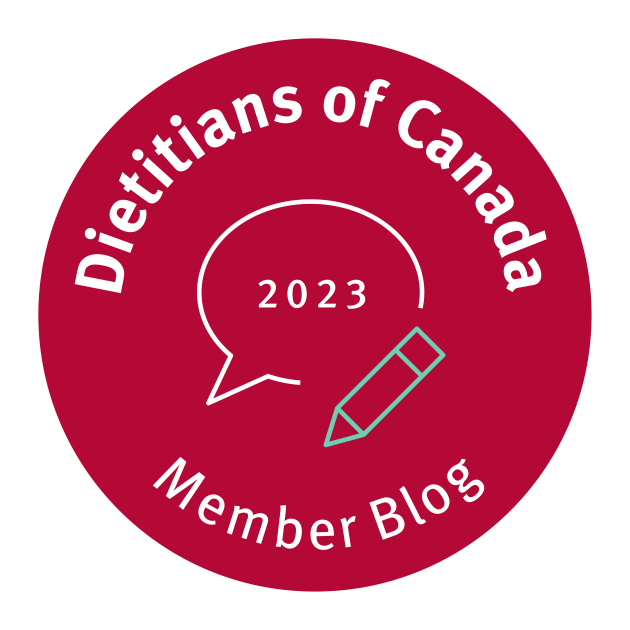Trans fats made headlines earlier this month when the U.S. Food and Drug Administration announced plans to ban the use of artificial trans fat in processed foods, saying the fats are no longer “generally recognized as safe” for consumption.
These artificial trans fats are found in food products containing partially hydrogenated vegetable oil, and have long been known for their ability to boost levels of artery clogging LDL-cholesterol while lowering the beneficial HDL-cholesterol readings. Other research has also pointed to these harmful fats boosting inflammation in the body, a process that is now known to be the initiator of a long list of ailments including heart disease and stroke, certain cancers and Alzheimer’s disease.
They’ve also been linked to insulin resistance, which goes hand in hand with developing type 2 diabetes. Then consider their link to fatty livers, a growing problem in today’s society. A number of animal studies have shown the development of fatty livers in groups fed trans fats while the trans fat-free animals livers remained normal.
Is there any question that these trans fats don’t belong in our food supply? It has been many, many years since scientific research labelled trans fats as being toxic to our health.
At one time, Health Canada was very concerned about the high intake of trans fats by Canadians. The agency struck an expert committee whose report TRANSforming the Food Supply, released back in June 2006, recommended regulations for the food industry in order rid our food of these deadly man-made fats.
Instead of following through on their own expert committee’s recommendations (what else is new – they did the same thing with sodium) Health Canada opted for voluntary action, with a monitoring program of the progress where the analysis of food samples would be posted approximately every six months on the Health Canada website. The last report, though, was posted almost four years ago, in December 2009.
In the spring of 2010, it was acknowledged that the voluntary method had failed and that regulations may be needed.
It seems, though, that the Canadian government has changed its mind and isn’t on the same page as that of the U.S. Last year, the then Health Minister Leona Aglukkaq rejected any regulation dealing with trans fats as she it created too much of a financial burden for the Canadian food industry.
What about the financial burden to our health care industry? And even more importantly, what about the burden to our health?
I recently asked Health Canada, through Leslie Meerburg, Senior Media Relations Advisor to the agency, about why they had dropped the monitoring of trans fats in the food supply and if they were not implementing the monitoring, how was the government ascertaining intake. I also questioned that if they were looking at the amounts we are consuming, why was this not being published.
Ms. Meerburg replied, “ At the completion of the Trans Fat Monitoring program, Health Canada estimated that through mandatory nutrition labelling and industry’s voluntary efforts, Canadians’ intake of trans fat has been reduced by more than 60%.”
Considering we were among the highest trans fat consumers in the world, while this is encouraging, it’s important to note the 40 per cent that’s still out there. Trans fats can still be found in assorted foods including hard margarines, baked goods and fast food.
As for the monitoring, Ms. Meerburg stated, “Health Canada indicated its intent to conduct additional monitoring to measure any additional changes in the trans fat intake of Canadians. As promised, Health Canada has continued to monitor trans fat intake and has conducted its own studies.”
Huh?
Are these two statements not contradictory? The first says Health Canada intends to conduct testing and the second says it has continued to do so.
It’s sort of like Health Canada itself. On one hand, they are supposed to be committed to the health of Canadians and on the other, the financial health of industry may supersede that of individuals.
What’s your thinking on the banning of trans fats? Please share in the comment section below.





I’m not really sure a ban is the answer. If you eat healthy, wholesome, homemade food, you’ll notice that it doesn’t contain added trans fats. I think trans fats in foods are a sort of bellwether that a food is of low quality, low nutrition, and basically that it’s a food you should consume very rarely. I don’t need the government to tell me that.
I agree, Mary that wholesome homemade food is the best choice. The problem is that many people are eating other foods and they should not expect that a toxic ingredient is allowed in the food supply. It is simply a needless contributor to disease that the food industry should not use. If the U.S. can ban it, why not Canada – a place where all of us pay for the healthcare of everyone in the country?
2013? Has there been any change in the last two years? I would like to see trans fats banned. I agree that wholesome is best but people don’t always make the best choices for a variety of reasons. I think that our government is so focussed on balancing the budget that they are making cuts in many areas that threaten our health and safety.
Thanks for your comments, Shirley. No, Health Canada has not acted on the issue since that time. Unfortunately many people think – and I agree with them- it’s their favouring the financial health of food companies and their agendas, not balancing the budget that is behind Health Canada’s inaction.